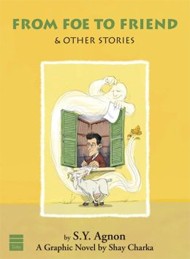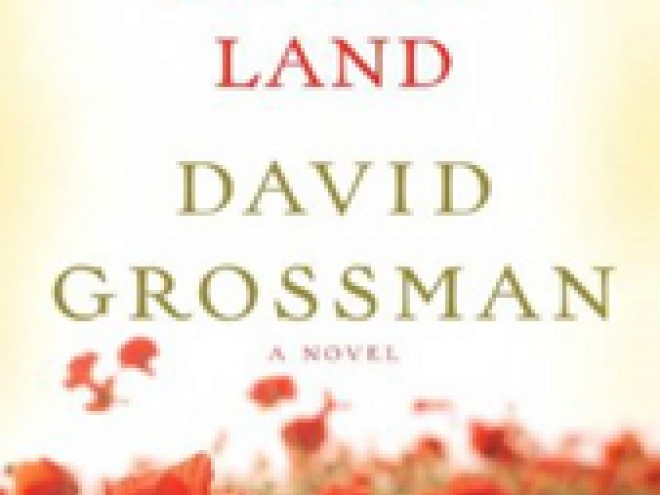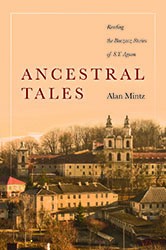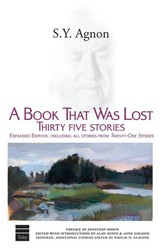Posted by Naomi Firestone-Teeter
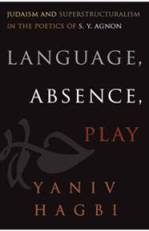 If you’re a Jewish Book World subscriber and enjoyed our 26:3 (Fall 2008) feature on S.Y. Agnon, one of the foremost Hebrew writers of the twentieth century, you may enjoy a new title on Agnon that’s being published this month by Syracuse University Press: Language, Absence, Play Judaism and Superstructuralism in the Poetics of S. Y. Agnon (Yaniv Hagbi). In the title Hagbi explores Agnon’s theological and philosophical attitudes toward language, attitudes that to a large extent shaped his poetics and aesthetic values. For more information on the title, please click here.
If you’re a Jewish Book World subscriber and enjoyed our 26:3 (Fall 2008) feature on S.Y. Agnon, one of the foremost Hebrew writers of the twentieth century, you may enjoy a new title on Agnon that’s being published this month by Syracuse University Press: Language, Absence, Play Judaism and Superstructuralism in the Poetics of S. Y. Agnon (Yaniv Hagbi). In the title Hagbi explores Agnon’s theological and philosophical attitudes toward language, attitudes that to a large extent shaped his poetics and aesthetic values. For more information on the title, please click here.
An excerpt from Barbara Andrews’ article on Agnon from JBW:
His writings are reminiscent of a literary Chagall. They portray a life in a world that no longer exists but yet exists in a dream-like state, neither real nor imaginary, but somewhere in between.
Agnon’s name is an illusion as well, being born Shmuel Yosef Czaczkes in 1888 in the Eastern Galician town of Buczacz, which at the time was part of the Austro Hungarian Empire. He was educated in the world of Hasidic traditions by his father and private tutors, learning the Talmud and its Aggadic stories that were to have a strong influence in his writings. Young Shmuel was also influenced by his mother’s family, which was steeped in the learnings of the Mitnagdim, as well as German stories and fables his mother taught him. Later, as a young man living in Germany, he would read widely in German and French literature. While he would disavow that these later readings had influence upon his work, it is often said that his writings bear some resemblance to modern German literature. Agnon himself would say that his writings were most influenced by Sacred Scriptures, Torah, as well as the Mishnah and Talmud.
He renamed himself Agnon around 1908 as his writing became more prolific, and took his surname from the Hebrew word agunah. Agunah means a woman who is not free to marry because her husband has refused her a divorce by either leaving or abandoning her. Much has been made of why Agnon chose this particular name for himself and one wonders if it is not an allusion to the desertion of Israel by God. The metaphor as portrayed in the Torah pertains to when Israel has strayed and God laments Her waywardness. In His lament, God turns His face from Israel, leaving her abandoned and belonging to no one.
If you are interested in purchasing the back issue ($12.50), which contains the complete article, as well as an interview with Etgar Keret, an interview with poet Shirley Kaufman, part II of “People of the (Comic) Book,” book club recommendations, and dozens of reviews, please contact the JBC at jbc@jewishbooks.org.
